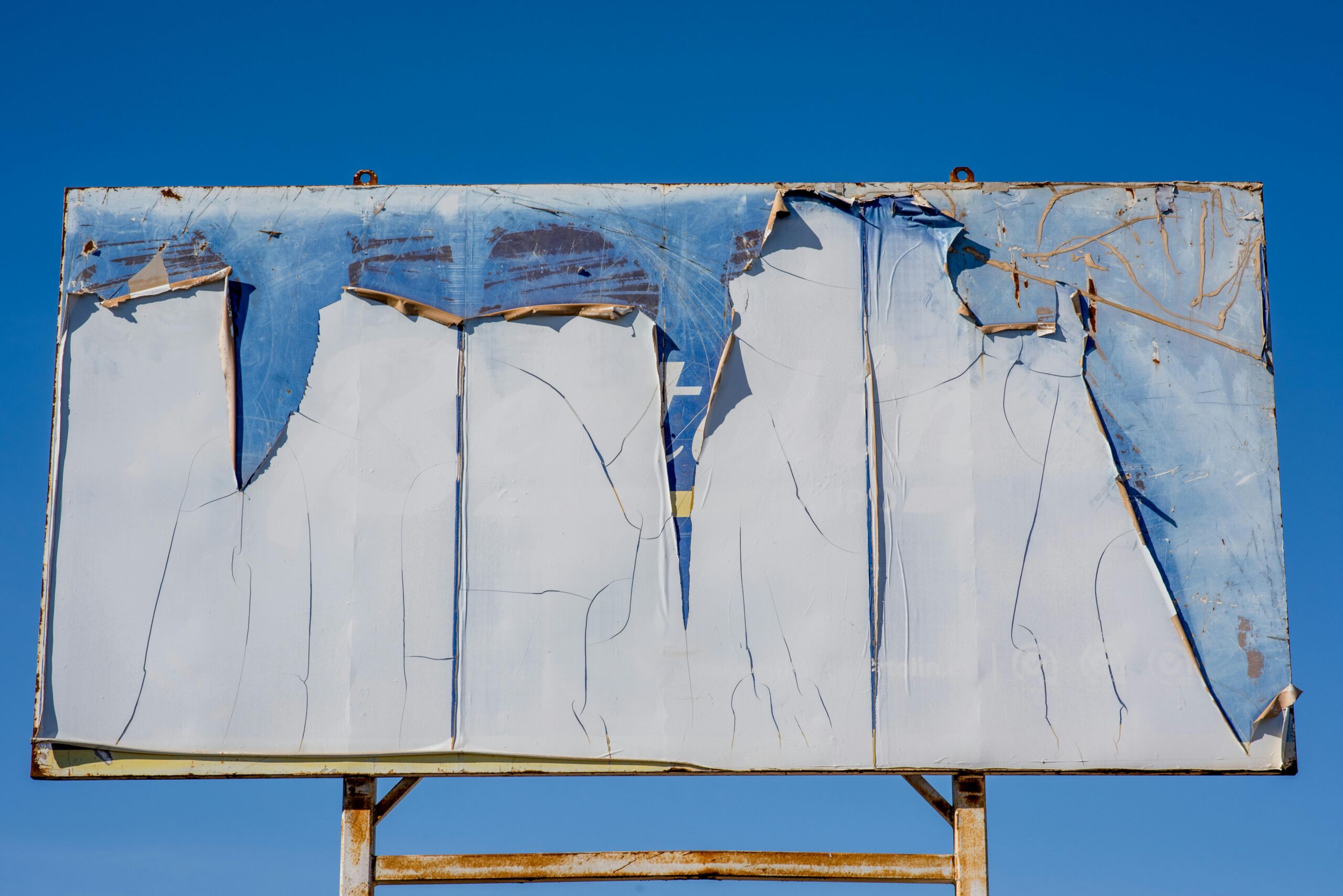We are a low trust society that goes without saying. And the instinct and incentive to scam the richest and the most successful is even greater when it comes to Out-of-home advertising campaigns. Some might have moral qualms stealing from the poor, but stealing from the rich is acceptable and subtly encouraged; makes you feel like Robinhood.
Stealing from the Big Brands – giving to the others.
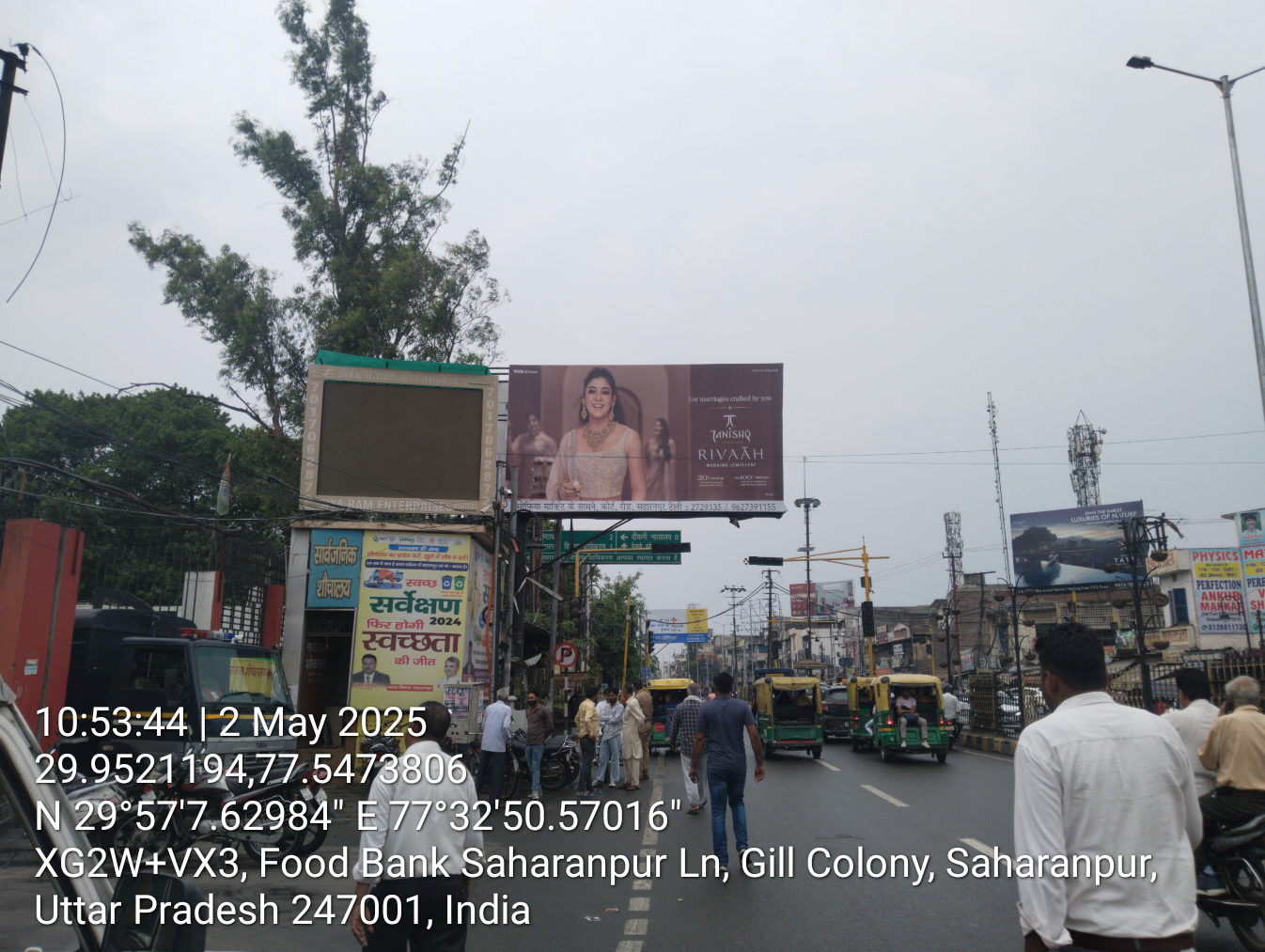
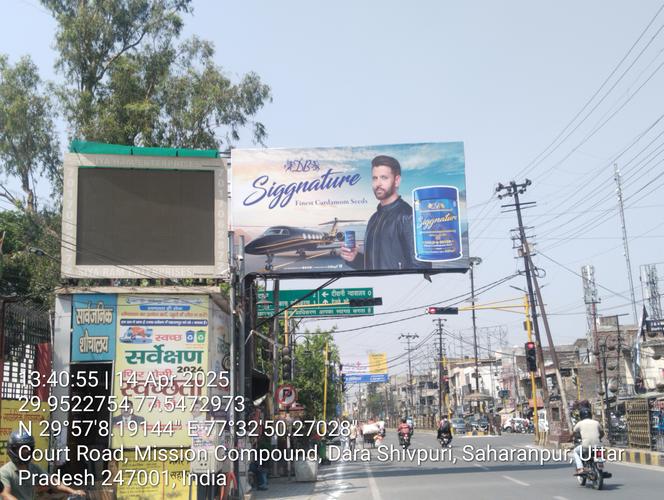
In the world of Indian out-of-home advertising — the world of billboards, hoardings, transit wraps and unipoles and bus shelters — big, successful brands and advertisers get taken in because they assume scale equals security. They outsource, they trust vendors, they sign off on summary reports — and someone seizes the gap. That doesn’t make the theft cleverer or more forgivable. It still makes it theft. Sometimes people within the organization are in on it. Sometimes the person handling the account. The graft is easy to capture and avoid – but why let a good thing die.
One Argument – The Brands should have known Better
Is it worse to bilk the unsuspicious corner shop or the polished brand with an entire compliance team? They hoodwink people who should have known better.
When fraudsters try to make their crimes look impressive, they’ll point to sophisticated victims: “They had experts; they should have seen it.” But claiming your victims were smart doesn’t make your conduct less criminal. And claiming your victims were gullible doesn’t make it more forgivable.
A missing proof of delivery, a doctored completion photo, or an invented inventory line is a theft whether it’s taken from a small local shop or the biggest brand on the block. The scale changes the headlines; it doesn’t change the nature of the act.
Media theft, is still a theft.
Saying a brand “should have known better” is just blaming the injury on the wounded. Theft remains theft. Fraud remains fraud. Balance sheet was hit. The advertiser lost money.
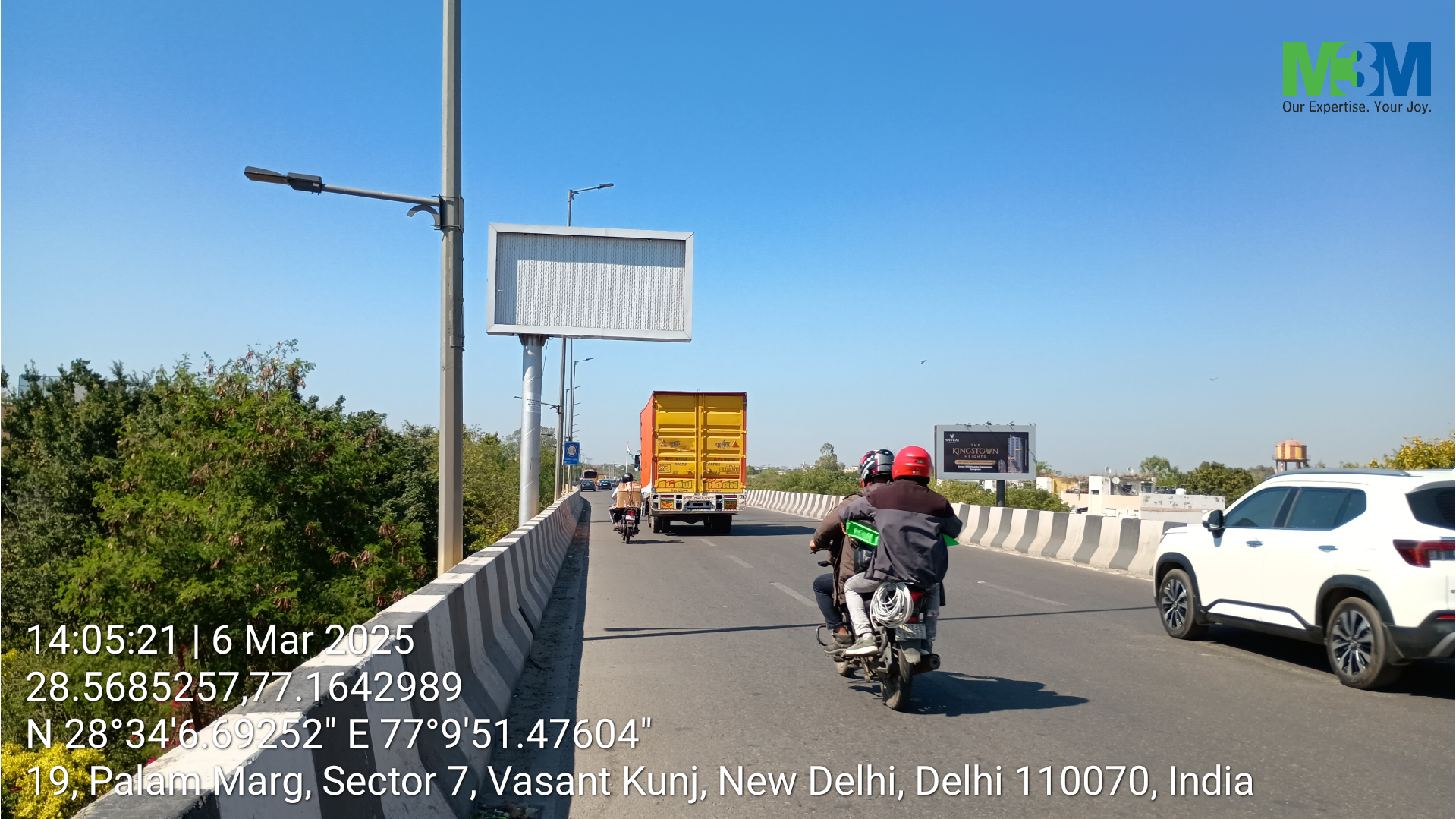
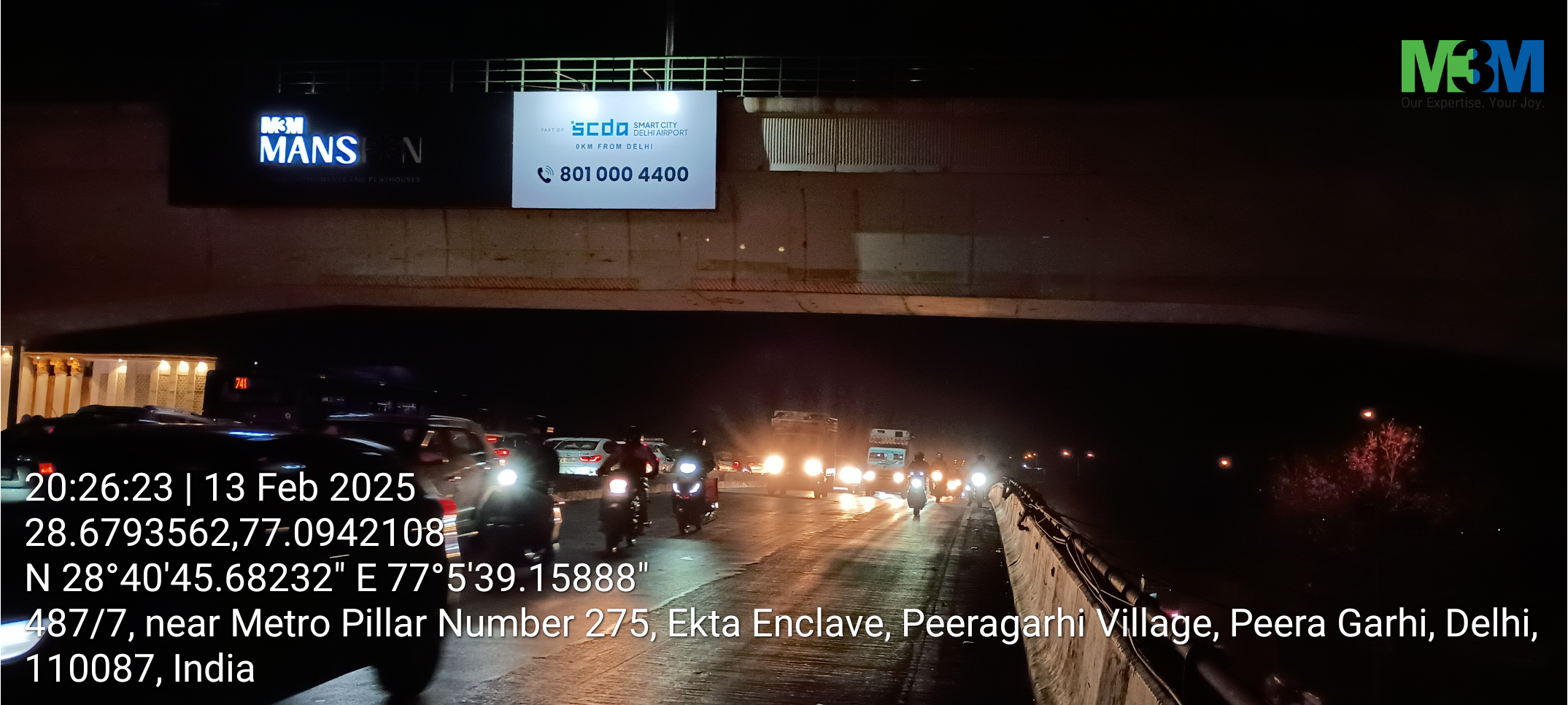
The victims should protect themself. That is the only way.
For owners, agencies, and auditors in OOH, the takeaway should be simple but stark: always treat verification as an obligation, not a courtesy. For anyone tempted to rationalize cutting corners, remember this: being able to exploit a system doesn’t make the exploitation noble. It just makes the crime easier to commit — and easier to prove. Theft dressed up as business practice is still theft. Fraud wrapped in a glossy media report is still fraud.
You only wonder how something so conspicuous and so egregious was allowed to fester for so long.
The Solution – OOHAudit.Com
Independent Out-of-Home Media Monitoring, Audit and Verification Services
Contact us to schedule a demo .
